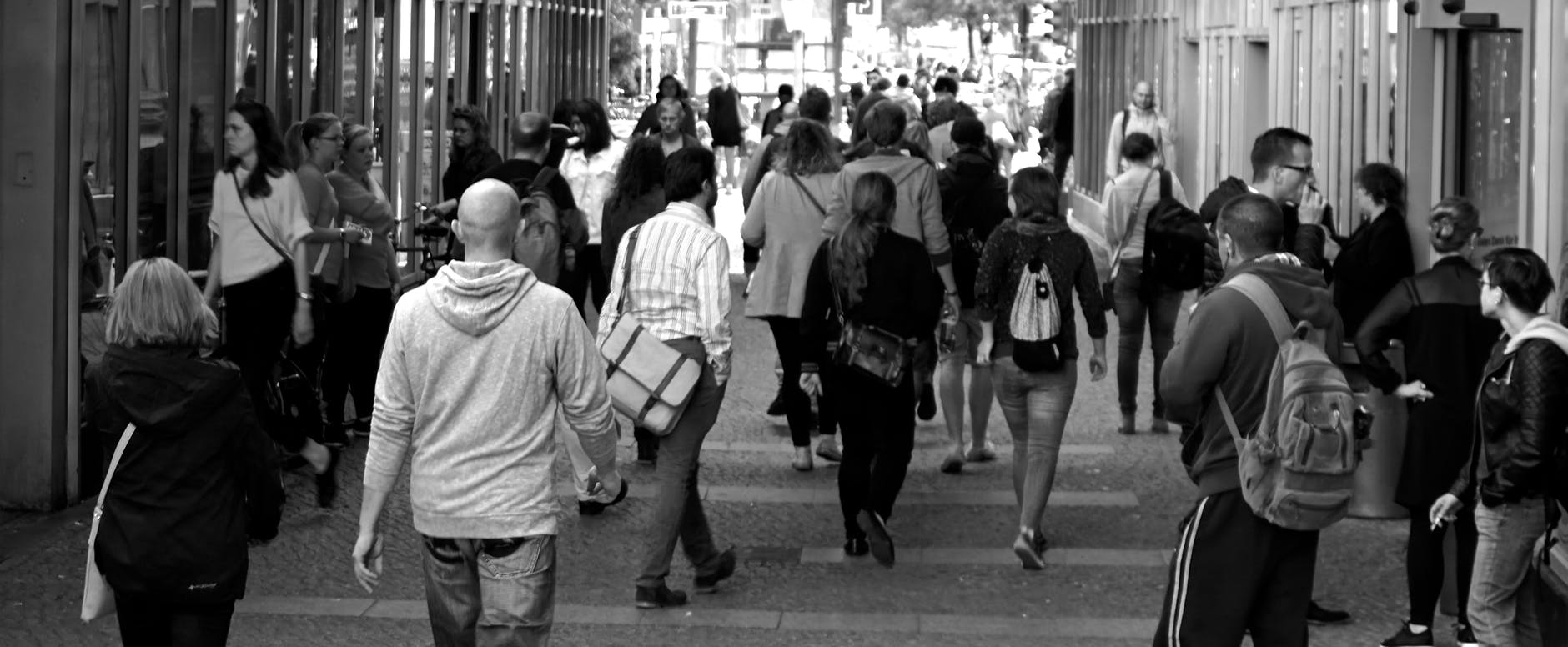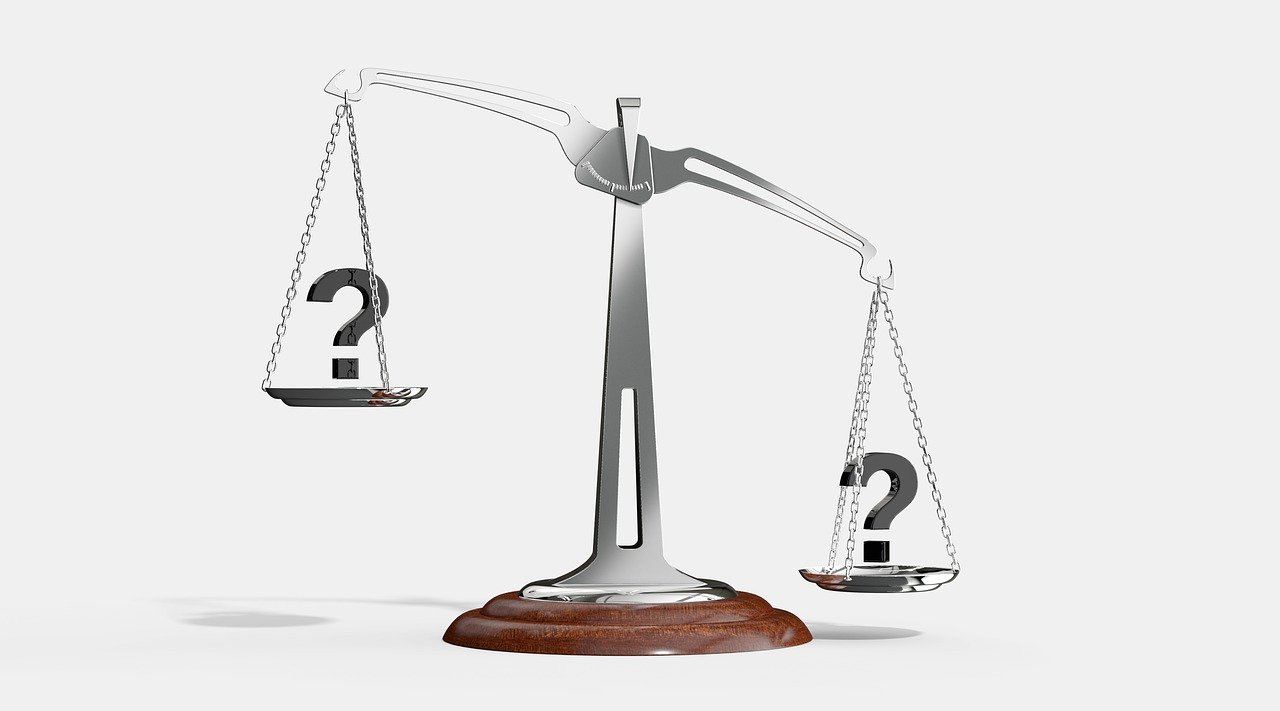Given the low probability of surviving an out-of-hospital sudden cardiac arrest, who wouldn’t feel somehow special to survive?
Survivorship Bias
Yet, as survivors, we tend to overlook the broader perspective of sudden cardiac death as we focus on our specialness. Turns out this is a cognitive bias that’s been labelled “survivorship bias“.
It’s not an uncommon phenomenon among gamblers, investors, entrepreneurs and pretty much anyone else, as well as we SCA survivors.

During the Second World War, the American Air Force studied the patterns of bullet holes on fighter planes returning to base after missions. The goal was to determine where to reinforce the planes from enemy gunfire.
That’s an example of survivorship bias.
They should have studied where the bullet holes were NOT or, better still, where enemy bullets had hit the planes that didn’t return to base, as their statistician Abraham Wald pointed out.
Jim Collins in his best-selling business book, “Good to Great“, made the same cognitive error when he studied companies that were already successful, by some financial standard, to determine the common factors that lead to their good fortunes. Many were far less successful after the book was published, throwing into doubt his research methodology and conclusions.

In the general population, the odds of surviving an out-of-hospital sudden cardiac arrest are less than 1 in 10.
Our odds are 100%.
We already survived.
Our cognitive bias has us focussing on our survival, sometimes at the expense of all of those who didn’t survive.
For every one of us who survived, 9 or more didn’t.
Perspective
While we wonder why we survived and what meaning we should take from our survival, we might broaden our perspective and wonder if there is also some lesson, meaning, reason or purpose in the deaths of the other 90%+.
If the divine arcane mechanism that runs the universe saw something in us worth saving, were the non-survivors deemed less valuable for saving?
Personally, I think not.
Happy Ever After?

We also tend to overlook the fact that many who DO survive don’t live “happily ever after” but continue to be challenged by debilitating physical, cognitive and/or psychological issues.
Is there a purpose or meaning in their fates that are somehow different from ours?
I don’t think it’s a question of meaning or inherent virtue.
My cardiologist recently told me that medical science still doesn’t understand why I had my SCA when I did or what precise mechanisms or cluster of factors caused it to occur exactly at the point in time it did.
I happened to be surrounded by runners and spectators, with medical personnel in proximity and a city with excellent cardiac care.
Earlier that year, there were many opportunities when the SCA could have occurred when I would have been alone and isolated (like the day I cycled up Mont Ventoux in France on a whim without any phone reception).
Increasingly, out-of-hospital sudden cardiac arrests occur that way, among individuals isolated and alone, in their homes.
Serendipity

In my mind, it comes down to the circumstances surrounding one’s SCA, one’s health, the availability of witnesses, the effectiveness of the chain of survival and a healthy dose of chance or randomness.
Seeking meaning in the unexplainable or unfathomable may be a built-in characteristic or condition of being human.
If it helps you move on, it’s a good thing.
I’m just not wired that way.
I don’t perceive any meaning in why I survived just like I don’t perceive any meaning in why I had the out-of-hospital sudden cardiac arrest in the first place. If I was lucky to have survived, then I was clearly unlucky to have had the SCA, so they cancel each other out.

Canadian, Athlete and SCA Survivor

